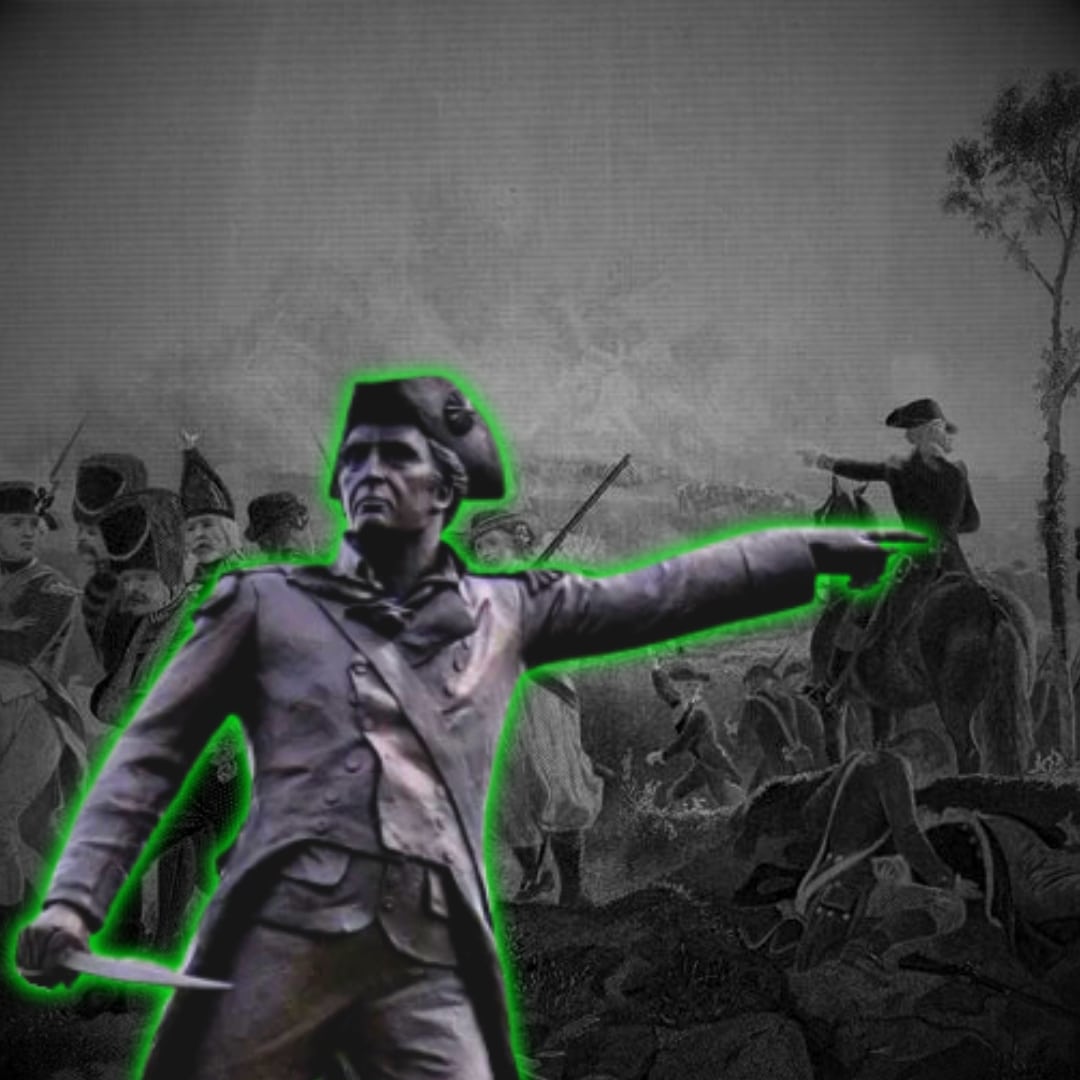
John Stark, an often overlooked figure in the Revolutionary War, made history with his decisive victory at the Battle of Bennington. This conflict showcases his military genius in what was more than just a minor skirmish.
The 16th of August 1777 marked a turning point, as Stark's leadership and the fervor of his troops culminated in a formidable display of colonial resistance against British and Hessian forces. This engagement not only bolstered American morale but also had far-reaching implications for the war's outcome.
The character and tactics of Stark, often likened to the vigilant sheepdog, guarding and guiding with a watchful eye, provide a rich tapestry for discussion. As we explore the contours of this battle and the man at its center, it becomes evident that the echoes of Stark's triumph at Bennington reverberate far beyond the rolling hills of Vermont, posing compelling questions about his influence on the broader war effort and the shaping of American independence.
Born in Derry in 1728, the rugged New Hampshire landscape shapes John Stark's resilient character and formidable military prowess. His sharp tongue and a maverick spirit complemented distinctive physical features, such as piercing blue eyes and a prominent nose. This spirit often put him at odds with the political class, showcasing his cantankerous personality.
Robert Rogers forged John Stark into a military leader during the French and Indian War, a brutal apprenticeship that lasted four years. The skills he honed during this period were a testament to his ability to endure and excel under the most trying conditions. These attributes were vital in his later contributions to key battles during the Revolutionary War, particularly at Bunker Hill and Bennington.
While Stark's legacy in the state of New Hampshire stands tall, akin to a titan of early United States history, his national recognition is more muted, reflective of a figure from a bygone era. Nonetheless, his military exploits could be likened to earning a Medal of Honor had the award existed during his time.
Stark's life, marked by service and struggle, did not always offer comfort, but his lineage continued through his three children, each bearing a part of his indomitable spirit.
On August 16, 1777, General John Stark triumphed at the Battle of Bennington, a decisive confrontation that played a pivotal role in the American Revolutionary War. Stark, a figure renowned for his direct manner and tactical acumen, led his forces to an important victory against British troops near Bennington, New York. This battle was not just a skirmish but a significant event that underscored the strategic capability of the American forces.
The engagement centered around a crucial supply depot, with the British aiming to secure resources that were vital to their campaign. Stark and his men understood the importance of this one point and were determined to protect it. Their resolve and strategic positioning allowed them to fend off the British troops, ensuring that the much-needed supplies remained in American hands.
This decisive victory at the Battle of Bennington served as a testament to Stark's leadership and the tenacity of the American fighters. It also demonstrated the importance of resource control within the larger scope of the war. John Stark's actions on that day not only cemented his status as a hero in New Hampshire but also showcased the tactical prowess that contributed to the eventual success of the American Revolution.
While General John Stark's strategic triumph at the Battle of Bennington was a defining moment in the Revolutionary War, it also set the stage for his enduring legacy and the lasting historical impact he left on the United States, particularly in New Hampshire. His roles in both the French and Indian War and the Revolutionary War had significant tactical and strategic implications that continue to resonate.
In New Hampshire, Stark is revered as a hero and a titan; his memory preserved with pride. As a matter of fact, a historical marker in his honor stands on Route 112, carefully maintained by the parishioners of Bridgeway Church.
Nationally, Stark may seem a relic of a bygone era, but his contributions are far from forgotten. Fort Ticonderoga, a site of Stark's valor, remains a place where one can delve into his strategic mind.
In the Battle of Bennington, John Stark expertly implemented strategy, made astute tactical decisions, leveraged local militia reinforcements, countered opposing forces effectively, and utilized weather conditions, significantly influencing the aftermath of the Revolutionary War.
The Battle of Bennington's significance lies in its strategic impact, morale boost for Americans, and supply victory. It marked a turning point, causing a British setback and spurring a recruitment surge in the revolutionary ranks.
The American forces emerged victorious at the Battle of Bennington, employing strategic reinforcement strategies, leveraging militia significance, and executing tactical maneuvers despite weather impact, disrupting Hessian supply lines and countering their involvement effectively.
John Stark's military experience and leadership style influenced his tactical decisions at Saratoga, bolstering the Revolutionary impact by maintaining war momentum, thus cementing his personal legacy as an influential figure in American history.
John Stark's military acumen and leadership at the Battle of Bennington cemented his status as a pivotal figure in the Revolutionary War. His strategic prowess contributed significantly to the American victory, bolstering morale and proving instrumental in the struggle for independence.
Stark's legacy endures, especially in New Hampshire, where his spirit of determination and resilience remains an exemplar of patriotic service. His contributions continue to be a subject of reverence and scholarly interest.